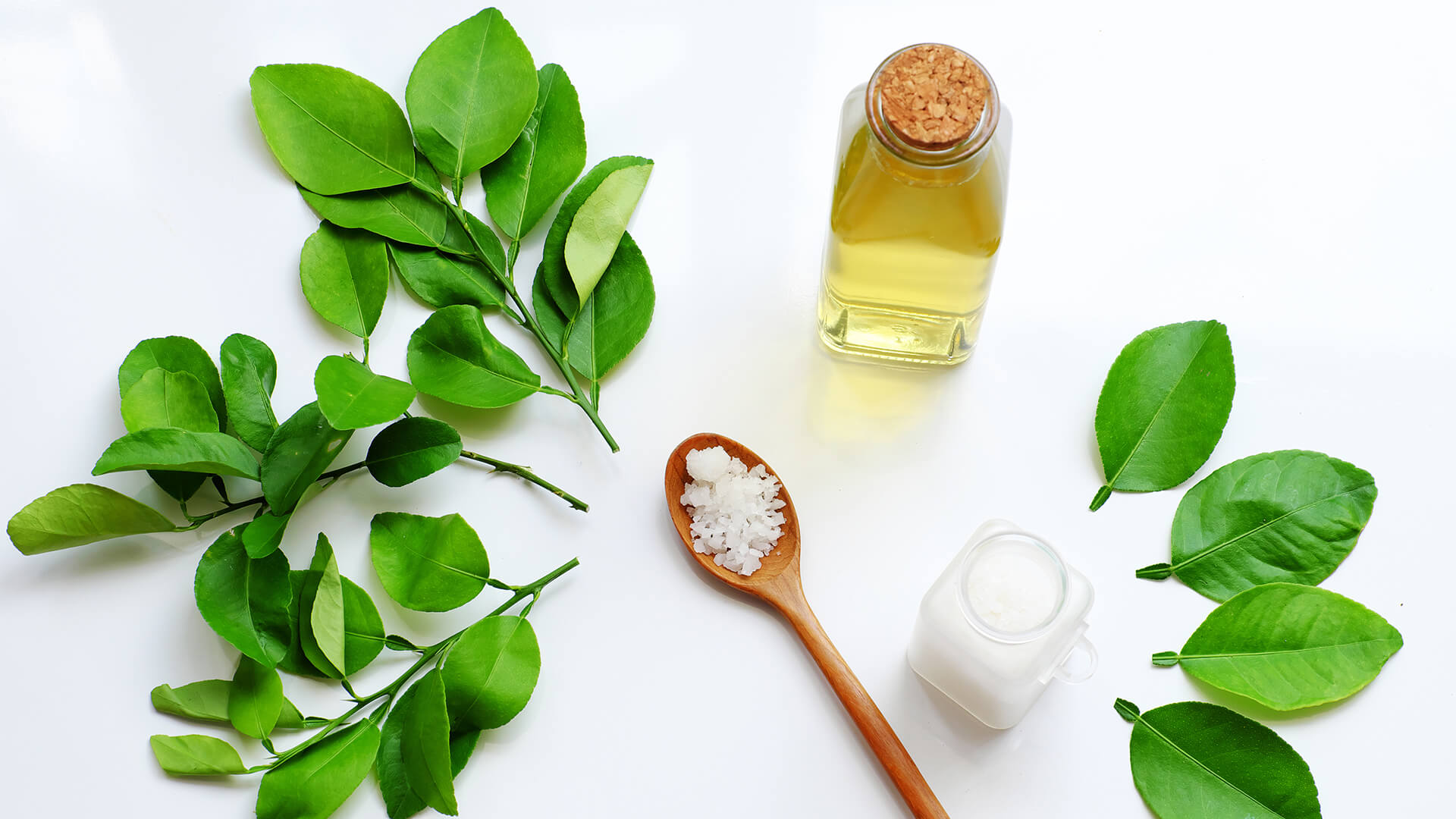Adding mouthwash to your daily hygiene routine can effectively prevent gingivitis and reduce the spread of gum disease, but only if it’s based on a natural formula. Mouthwashes that contain alcohol or synthetic dyes can be dangerous for our health if used constantly. To achieve optimal oral health and hygiene, pass up commercial brands in favor of natural mouthwashes.
Commercial vs. Natural Mouthwash
The American Dental Association separates mouthwashes into two categories: cosmetic and therapeutic. Commercial and natural mouthwashes could fall into either category, as some brands will use the term “natural” to get away with using certain ingredients. Anything made by nature is “natural,” so harmful substances like cyanide would fit into this category.
The best natural mouthwashes, according to lab tests, contain ingredients that make the product taste and feel good to use and can reduce harmful bacteria without targeting good bacteria. Natural mouthwashes that benefit your oral health are free of harsh ingredients.
Read Ingredients Before Purchasing a Natural Mouthwash
Commercial brands are often bad for your oral hygiene, but without proper inspection, you could pay more for a product similar to Listerine even though they’re labeled as “natural.” Mineral fluorspar is found in several natural mouthwashes, which is just another word for fluoride.
To ensure your mouthwash is truly natural, read the labels carefully to fully understand what ingredients it contains. All active ingredients should be naturally derived, safe, and effective.
Top 7 Reasons to Use a Natural Mouthwash
1. Mystery Ingredients Are Removed
Commercial brands will fill their ingredients list with Latin-derived medical terms that the average person can’t decipher. Natural formulas don’t need to hide. Mouthwashes that are truly “natural” will state their ingredients clearly or elaborate on scientific terms.
2. Ingredient List is All-Natural and Beneficial
Ordinary unnatural mouthwashes, like Listerine and Scope, contain ingredients that aren’t capable of preventing gum disease or cause further problems. For example, alcohol-based formulas can lead to a persistent dry mouth which leads to bad breath (halitosis). However, natural mouth rinses contain time-tested ingredients with known medical benefits.
3. Sensitive Gums and Teeth Prefer Natural Formulas
One of the reasons people use alcohol-based mouthwashes is due to the “bite” sensation that makes the mouth feel clean. That “bite” can cause discomfort for people with sensitive mouths. Natural mouthwashes can help soothe sensitive oral tissue and offer better hydration.
4. “Biteless” Mouthwashes Feel Incredible
The burning sensation in commercial mouthwashes will eventually fade with prolonged use. If alcohol is used as an antiseptic in the long term, the bacteria in our mouths will develop a resistance that will make it necessary for users to try another product. An alcohol-free alternative is equally as effective at eradicating germs, even without the burn.
5. No Harsh Additives in Sight
Sodium lauryl sulfate and triclosan, two common ingredients used to kill bacteria, can compromise immune function when consumed. In addition, synthetic ingredients can produce side effects that could worsen oral health, especially in patients with type 2 diabetes.
6. Natural Mouthwash is Child-Safe
As long as the natural mouthwash contains all-natural ingredients, children should be able to use mouthwash without the supervision of a parent. When consumed, chlorhexidine gluconate, hydrogen peroxide (bleaching agent), alcohol, and methyl salicylate (pain reliever) could be fatal. Since most natural formulas don’t contain these ingredients, they are generally child-safe.
7. Keeps the Body Healthy
Mouthwash can be used in tandem with a brushing and flossing regimen to promote healthy oral health and prevent infections. Untreated gingivitis can make its way into the heart and infect the heart valves. To reduce your risk, use a dentist-approved natural mouthwash.
With over 700 different microbes living in your mouth, you must find a mouthwash that doesn’t target the good microbes that fight gum disease. S. mutans, for example, can turn sugars into acids and lead to tooth decay, and it’s difficult to remove these microbes through brushing alone. Natural mouthwashes can prevent harmful bacteria from re-populating.


















